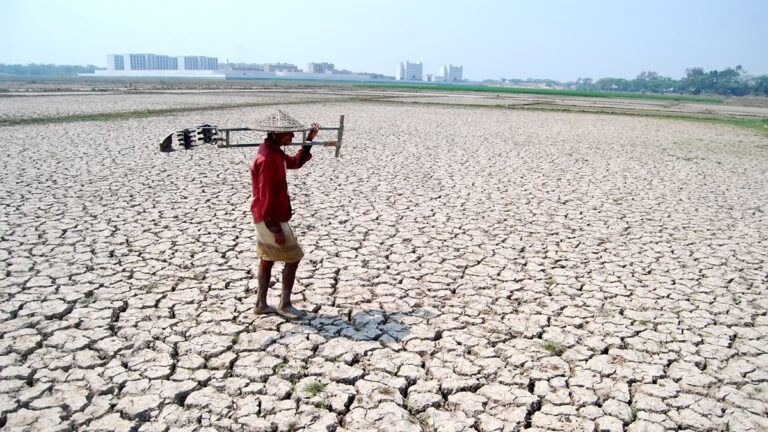Eight years after the Paris Agreement, fossil fuel financing continues unabated at trillions of dollars each year.
Key Point
- The estimated funding needed to combat climate change and the UN Sustainable Development Goals is just 1% of global financial assets.
- Eight years after the Paris Agreement, fossil fuel financing still exceeds $1 trillion a year.
- Public and development banks, critical to aligning finance with climate and development goals, need greater lending capacity and policy space.
According to UNCTAD's latest Trade and Development Report, an estimated $4 trillion needs to be mobilized every year to combat climate change and achieve the Sustainable Development Goals (SDGs).
This is equivalent to Germany's GDP in 2022 and can only be achieved through major changes in global financial flows. This will involve reallocating trillions of dollars that currently directly and indirectly fund economic activity that undermines these goals.
Estimated financial needs represent only 1% of total global financial assets, currently valued at more than $470 trillion. “However, it is not easy to shift resources away from long-term and often profitable activities,” says Anastasia Nesvetairova, head of UNCTAD's macroeconomic and development policy department.
“It is always difficult to channel resources into new or less certain investments for sustainable development,” she adds.
The report highlights, for example: Eight Years after the Paris Agreement, fossil fuel financing continues unabated to over $1 trillion every year For companies supporting new development projects.
“This reinforces long-standing climate and financial inequalities,” Nesvetairova warns. “Financing for fossil fuels comes primarily from the richest parts of the world, but it is the poorest who suffer the most from the effects of climate change. They also derive the least benefit from fossil fuel energy. there is no.”
'Sticky' fossil fuel subsidies reach record levels
Compounding the problem are “onerous” subsidies for fossil fuel production and consumption, which reached a record $1.3 trillion in 2022. Production subsidies alone account for $51 billion.
UNCTAD economist Diana Barrowclough said: “Phasing them out will not only help solve the climate problem, but will also free up scarce resources that governments can use for other uses, such as renewable energy or just climate change.'' It will also free up public resources.”
However, the report highlights the difficulty of changing the status quo, especially when millions of people depend for their livelihoods on fossil fuels for their energy sources and entire production and consumption systems.
Banks, insurance companies and pension funds are also heavily exposed to this sector. In some cases, sudden changes can cause severe financial shocks throughout the economy.
“Most importantly, many countries still lack basic energy supplies and are unable to diversify and develop their economies,” Ms Barrowclough said.
“Turn on the faucet” without shutting off developing countries
The report emphasizes that the “turning off the tap” process must be sensitive to the different needs of developing countries and poor communities to ensure that the transition is sustainable and just.
“The process and speed of winding down fossil fuel financing will probably vary from country to country,” Barrowclough said. A path for development into the future. ”
The report's findings are a milestone at the COP28 climate summit to phase out fossil fuel subsidies that do not address energy poverty and to transition our energy system away from fossil fuels in a just, orderly and fair manner. Reinforced by the decision.
The important role of public and development banks
Public banks and development banks “are the most important sources of financing to achieve the necessary long-term and concessional conditions,” Ms. Nesvetairova said. “They are also a traditional source of catalysts for economic transformation.”
But the $230 billion lent by major multilateral development banks in 2020 is only a fraction of the $4 trillion needed. The report echoes UN Secretary-General António Guterres' call for significantly greater financing capacity and greater policy space.
Finally, these various initiatives are most effective when supported by a broader and more active role for central banks. As the pinnacle of the financial system, Central banks can align their activities with climate and development goals when setting rules and regulations for the entire financial system.
No shortage of resources
UNCTAD calls for moving away from the idea that central bank operations can be “market neutral,” requiring full climate disclosure from financial institutions, and introducing variable interest rates and reserve requirements for long-term fossil fuel and development-compatible financing. It has identified reforms that could help, including hiring. policy goals.
“There is enough money in the world to fight climate change and support development. It's just not being channeled in the right direction. This is not so much a question of finances as it is a question of political and social will. ” says Nesvetairova.


